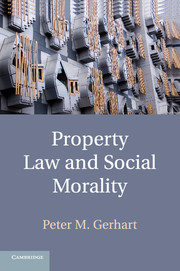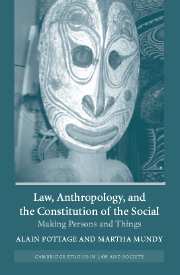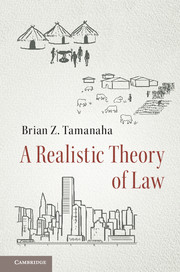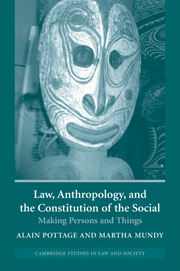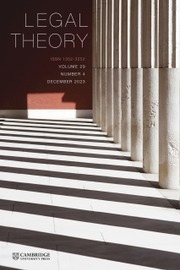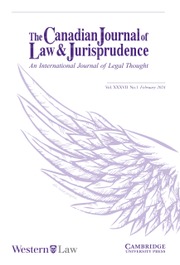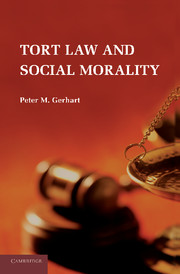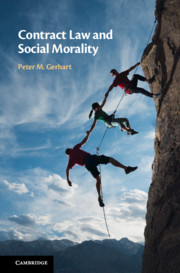Property Law and Social Morality
Property Law and Social Morality develops a theory of property that highlights the social construction of obligations that individuals owe each other. By viewing property law through the lens of obligations rather than through the lens of rights, the author affirms the existence of important property rights (when no obligation to another exists) and defines the scope of those rights (when an obligation to another does exist). By describing the scope of the decisions that individuals are permitted to make and the requirements of other-regarding decisions, the author develops a single theory to explain the dynamics of private and common property, including exclusion, nuisance, shared decision making, and decision making over time. The development of social recognition norms adds to our understanding of property evolution, and the principle of equal freedom underlying social recognition that limit government interference with property rights.
- Unifies economic and philosophical approaches to property theory
- Addresses all forms of property, not just private property
- Suggests meaningful limits on government regulation of property
Product details
No date availableAdobe eBook Reader
9781107722668
0 pages
0kg
1 b/w illus.
This ISBN is for an eBook version which is distributed on our behalf by a third party.
Table of Contents
- Part I. A Unified Theory:
- 1. Property's values
- 2. An overview of the theory
- 3. Owner as decision maker
- 4. Ownership and social recognition
- 5. Other-regarding decision making
- 6. Assigning burdens and benefits
- Part II. Applications:
- 7. Exclusion
- 8. Nuisance: spatial coordination
- 9. Concurrent decision makers
- 10. Temporal coordination
- Part III. Legislative Regulation and Social Morality:
- 11. A theory of legislative regulation
- 12. The takings power
- 13. Legislative regulation and due process
- 14. The promise of unity.

